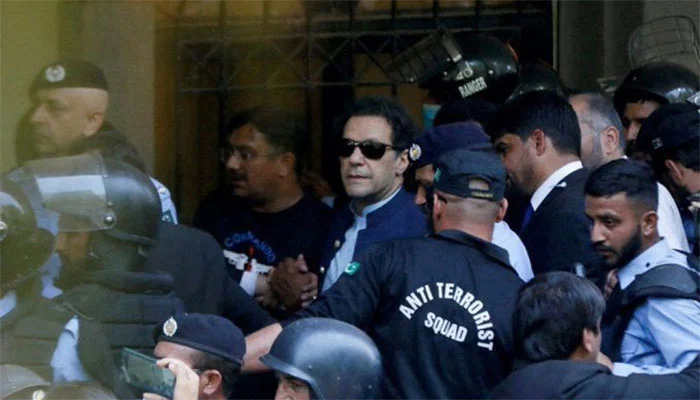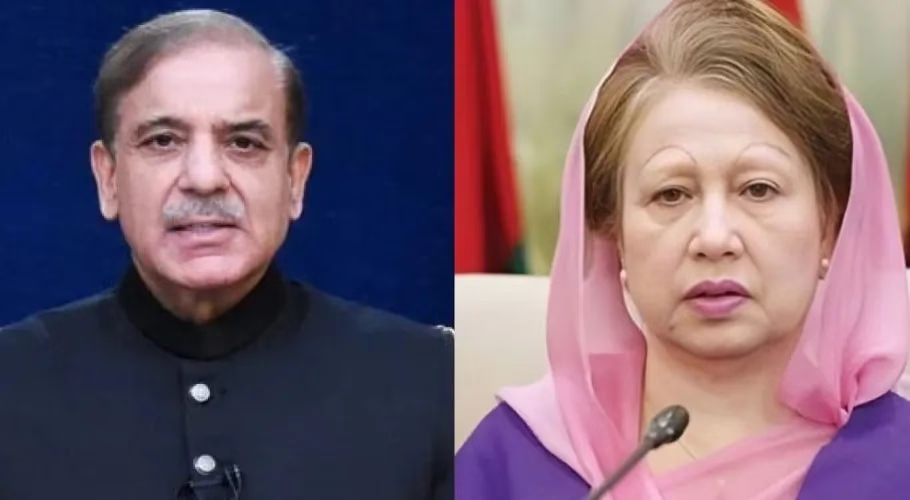In a significant development, the District and Sessions Court in Islamabad has issued a summons for Imran Khan, the Chairman of Pakistan Tehreek-e-Insaf (PTI), and Bushra Bibi in connection with an alleged unlawful marriage case. The court has initiated proceedings by serving a notice to the PTI Chairman.
This legal action follows a petition submitted to the court regarding the alleged unlawful marriage between Imran Khan and Bushra Bibi. The court, under the jurisdiction of Judge Qudratullah, has summoned Imran Khan to appear before the court on September 25th.
Furthermore, the court has directed the authorities to ensure Imran Khan’s presence at the proceedings, instructing them to coordinate with the Superintendent of Adiala Jail, where Imran Khan is expected to be detained.
The summons issued to Imran Khan has raised significant attention and intrigue within Pakistan’s political landscape. Imran Khan, a prominent political figure in Pakistan, has served as the Prime Minister of the country since August 2018. This legal development adds an element of uncertainty and legal scrutiny to his tenure.
It is important to note that legal proceedings of this nature are an essential part of upholding the rule of law and ensuring that individuals, regardless of their status, are held accountable if allegations of wrongdoing arise. Imran Khan, like any other citizen, is subject to the legal processes and safeguards in place within the country’s legal system.
The case will likely garner substantial media coverage and public interest, given Imran Khan’s position and the sensitivity of the allegations. It remains to be seen how the legal proceedings will unfold, what evidence will be presented, and what the eventual outcome will be.
While the case proceeds, it is crucial to respect the principles of due process and the presumption of innocence until proven guilty. The legal system will ultimately determine the merits of the allegations, and Imran Khan will have the opportunity to present his defense and respond to the accusations in a court of law.
This development underscores the importance of a transparent and accountable legal system in Pakistan and serves as a reminder of the judiciary’s role in upholding the rule of law and ensuring justice is served.



